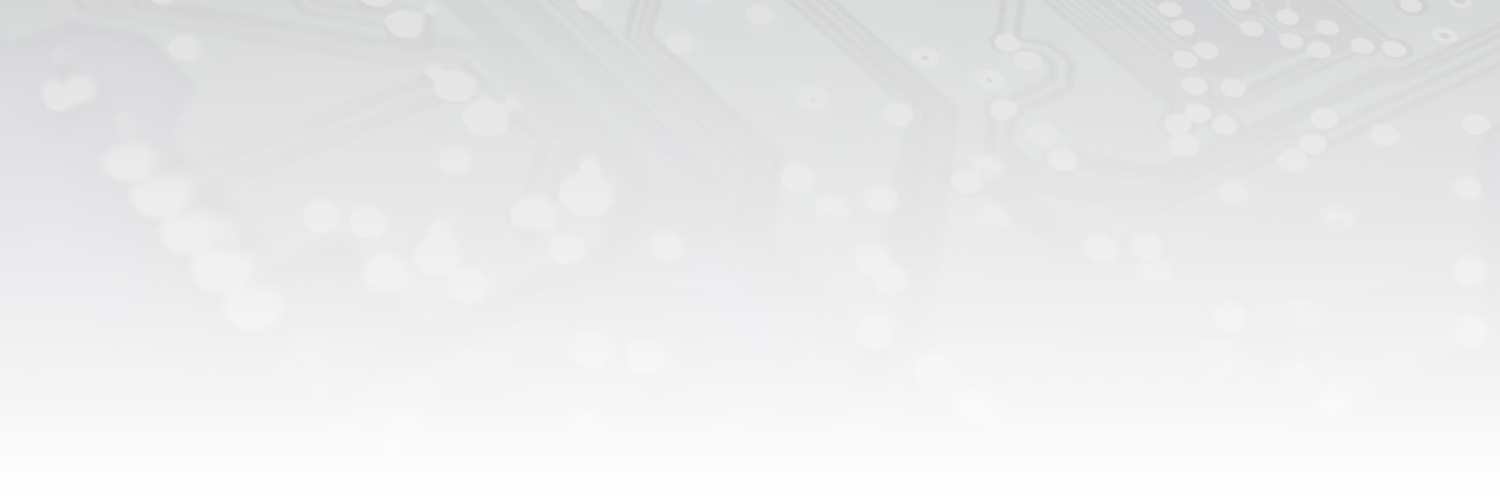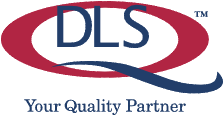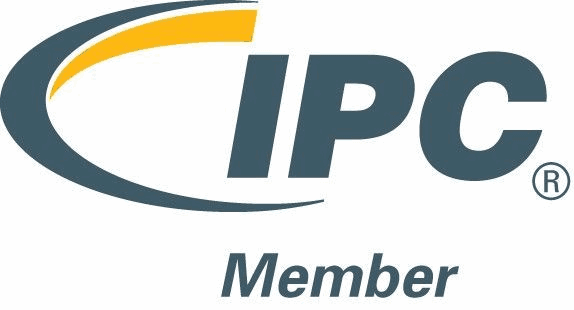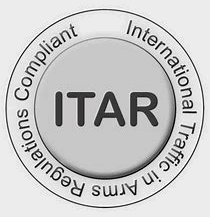DFM refers to the process of designing a product to make the assembly and manufacturing process more streamlined and precise. Ultimately, this process facilitates easier, lower-cost manufacturing solutions, making it particularly ideal for PCB assembly where complex, tricky designs are the norm. Design for Manufacturability is a critical part of the overall manufacturing process and at MPL, we have spent decades perfecting a comprehensive checklist that can help customers avoid expensive mistakes in production. Explore the various factors we consider before and during the production process for all first time builds.
Material Availability and Cost
One of the first things to consider during DFM is the Bill of Materials (BOM). MPL analyzes the materials required for a prototype printed circuit board or new PCBA order, cross-referencing designs to determine if alternative materials are required due to obsolescence or other reasons. After materials are confirmed, MPL uses our network of trusted suppliers to get your parts in the door - an especially useful tool as supply chain demands threaten to hold up production of PCBAs.
Complete Documentation Package Review
In addition to the BOM, MPL will review the remaining contents of your documentation package for a quote. Documentation can sometimes be overlooked in the DFM process, but its importance is paramount. Proper documentation will create the foundation necessary to take your product from RFQ to quality Finished Goods. Documentation mistakes are generally extremely easy to fix at the DFM stage, whereas without DFM, if these mistakes are caught too late, it can result in costly mistakes (rework, scrap, etc.). Some examples of information we commonly see omitted from the documentation package are: DNP component specification, special packaging requirements, MSL components (3 or higher), incomplete cleaning requirements, and flux designation.
Component Layout Complexity
When possible, MPL uses DFM to determine where component layouts can be simplified. DFM makes the entire PCB assembly operation easier by reducing the number of necessary parts and assembly processes. With easier manufacturing processes, production times are often shortened. This is an advantage that MPL recognizes, as our customers’ time is of great value to us. In addition to quicker production times, MPL prioritizes our customers’ time by providing outstanding OTD rates, recently recorded at 99.2%.
Space Assessment and Array Design
Your initial PCBA design might theoretically fit every component together within a single printed circuit board. Still, some elements in PCB designs require a minimum amount of space and distance from other traces and components, which is where DFM can provide solutions. Another space-related consideration is panelization, which is a manufacturing technique that assembles smaller boards as a single, connected array of boards, making the assembly line move along more quickly with greater simplicity.
Whether 2-up, 6-up, 12-up - and so forth - panelization is a smart way to improve efficiency in the manufacturing process. Each array design has its own benefits and drawbacks, which we will guide you through to ensure the best fit for your individual project needs. Additionally, MPL also has dedicated automated de-paneling equipment that allows for precision cuts each and every time - ensuring the integrity of your PCBA.
Silkscreen
There are particular details that must be verified regarding PCB silkscreen. For example, MPL checks to make sure the width of each silkscreen line is greater than 5mil. Moreover, during the DFM process, our team ensures that the silkscreen does not overlap with any solder pads or Fiducials. This DFM step is especially important for high-density PCB designs.
PCB Finishing/Coating
Another DFM detail that factors into PCB assembly is whether or not coating is required. While customers often request PCB coating directly, MPL does evaluate the end-use environment during the DFM process to determine if this service is recommended. When protection against moisture or vibration is needed, conformal coating is an ideal finishing process to incorporate into the PCB assembly process. Alternatively, PCB potting offers impact resistance to assemblies, but this type of coating is thicker, making it unideal for certain applications. Proper DFM procedures ensure that the right protective coating is used for each project.
Partner with MPL for Expert DFM Service
MPL is noted for an excellent RMA percentage, boasting an impressive .01% rate in 2021. One reason we are able to attain such excellent results is the process of designing for manufacturability. Discover the benefits for yourself and get in touch with MPL today!




